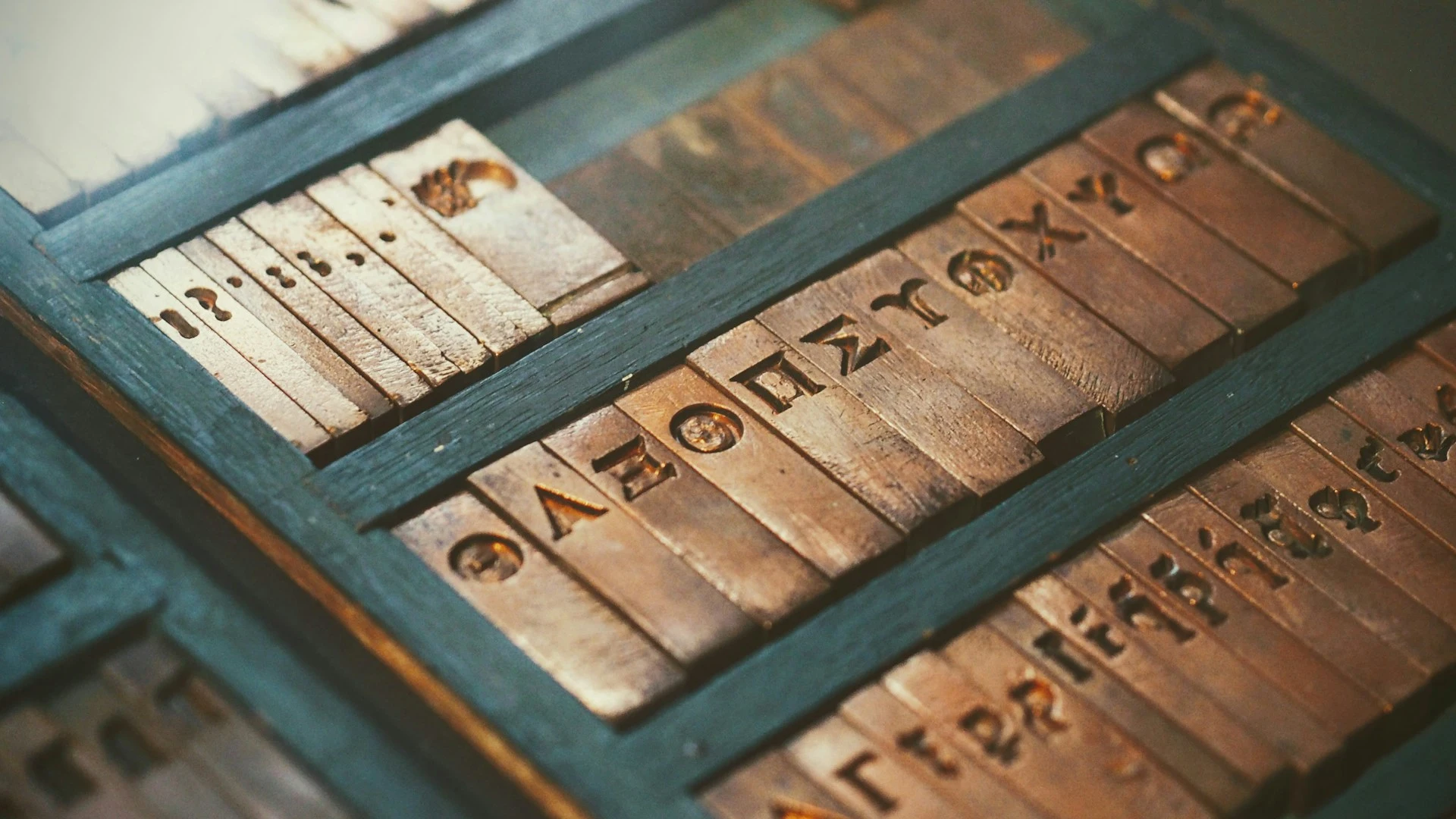Greek Conversation Starters

Ah, Greece! The land of myths, ancient ruins, and where the azure waters of the Aegean Sea meet golden sands. As you dream about your upcoming Grecian adventure, imagine the breathtaking sunsets over Santorini, the rich history of Athens, and the charm of island villages with their narrow cobblestone lanes and vibrant bougainvillea blooms.
While most travel checklists for Greece emphasize exploring iconic landmarks and savoring delectable Mediterranean cuisine, an essential aspect often goes overlooked: diving into the melodious Greek language. Sure, Greece, with its warmth and hospitality, welcomes countless tourists each year. And yes, many locals converse in English, especially in tourist hotspots. However, there's an unparalleled joy and richness in exchanging pleasantries in the native tongue of the land you're exploring.
Subscribe for more free lessons
For many, the Greek script, with its unfamiliar alphabet, might evoke memories of high school physics or those intriguing symbols flaunted by college societies. Unlike the Latin alphabet's familiar terrain, Greek can seem like a captivating puzzle to English speakers, making it appear more daunting than some other European languages.
But here's an insider secret: Picking up basic Greek phrases isn't the Herculean task it's made out to be! Many travelers, upon returning from their trips, often express one common regret - not having learned a few local words and phrases. The magic of engaging with locals in their own language, even if it's just a heartfelt "Ευχαριστώ" (Thank you), cannot be overstated. It's not just about communication; it's a gesture of respect, appreciation, and an open invitation to genuine interactions. Who knows? That simple phrase might earn you a complimentary baklava or a local's recommendation to a hidden gem.
So why wait for the trip to conclude to realize the charm of the Greek language? Start your linguistic journey now. This guide doesn't just introduce you to the language; it equips you with conversation starters, ensuring you're not just speaking Greek, but you're conversing in it. Dive into the world of Greek with us, and master the art of everyday chats that will make your travels even more memorable.
Ready to transform your Greek travel experience through language? Let's get to it!
Greetings and Salutations
Laying down the foundation of any conversation starts with a simple hello.
Χαίρετε (Chaírete) - Hello This is a formal way to greet someone regardless of the time of day. It's especially used when addressing a group or someone of higher status.
Καλημέρα (Kalimera) - Good morning This is a polite way to greet someone in the morning. Just like in English, you can use this phrase when entering shops, cafes, or just passing by someone on the street in Greece.
Καλησπέρα (Kalispera) - Good evening Suitable for the evening hours, this greeting is commonly used when meeting someone in the later part of the day or entering establishments during the evening.
Making Small Talk
Asking about one's day can be a universal ice breaker.
Πώς πέρασες την ημέρα; (Pós pérases tin iméra?) - How was your day?
This is a friendly way to ask someone about their day in Greece. Just as in many cultures, inquiring about someone's day can start conversations and show you care about their well-being.
Τι κάνατε το σαββατοκύριακο; (Ti kánate to savvatokýriako?) - What did you do this weekend?
This is a common question to engage in light, casual conversation. Asking about weekend plans can lead to shared interests or plans, and is a great way to get to know someone better in a relaxed context.
Paying Compliments
Everyone appreciates a kind word or compliment.
Μου αρέσει το φόρεμά σου! (Mou arései to fóremá sou!) - I like your dress! This is a genuine way to compliment someone on their attire in Greece. It shows appreciation for their choice of clothing and can make someone feel good about their appearance.
Έχεις ωραίο χαμόγελο. (Écheis oraío chamógelo.) - You have a nice smile. Complimenting someone's smile is a universal gesture of kindness. In Greece, like in many countries, it's a sweet way to make someone feel recognized and appreciated.
Dining in Greek
If you're dining out in Greece or at a Greek restaurant, these phrases can come in handy.
Τι προτείνετε; (Ti proteínete?) - What do you recommend? This question is often used when you're unsure about what to order and want the staff's opinion on the best dishes they offer.
Ένα τραπεζι για δύο, παρακαλώ. (Ena trapezi gia dýo, parakaló.) - A table for two, please. This phrase is essential for couples or friends who want to reserve a seat in a restaurant. In Greece, using "παρακαλώ" (please) shows politeness and is always appreciated.
Τον λογαριασμό, παρακαλώ. (Ton logariasmó, parakaló.) - The bill, please. After enjoying a meal, this phrase is used to request the bill. It's a polite way to indicate you're ready to pay and leave the restaurant.
Engaging in Cultural Conversations
Discussing local traditions, festivals, or popular places can be a great way to learn more about Greek culture.
Ποια είναι η αγαπημένη σας ελληνική γιορτή; (Poia eínai i agapiméni sas ellinikí giortí?) - What's your favorite Greek festival? Asking this question can provide insights into local traditions and personal preferences. It's a wonderful way to connect with locals and understand the cultural significance of various festivals in Greece.
Concluding Conversations
Parting ways gracefully is as important as starting a conversation.
Χάρηκα πολύ που σας γνώρισα. (Hárika polí pou sas gnorisa.) - It was a pleasure to meet you. This is a heartfelt way to express appreciation for a new acquaintance or someone you've interacted with. In Greece, it conveys respect and signifies a positive interaction.
Καλή συνέχεια! (Kalí synéheia!) - Take care! A common parting phrase, it wishes the other person well in whatever they'll be doing next. It's a warm and friendly way to conclude a conversation in Greece.
Initiating and engaging in conversations in Greek is a surefire way to accelerate your language learning journey. With these starters and phrases, you'll be on your way to sounding more like a native and less like a tourist. Practice them regularly, and watch your confidence soar!


